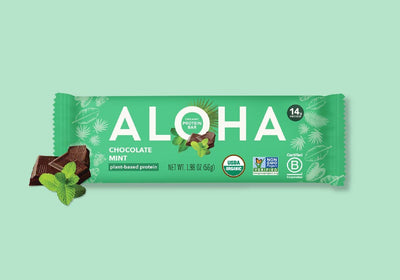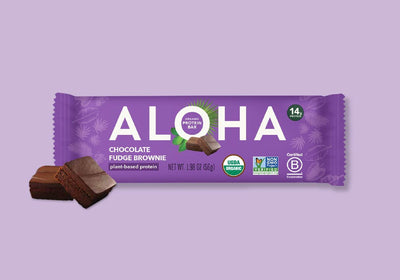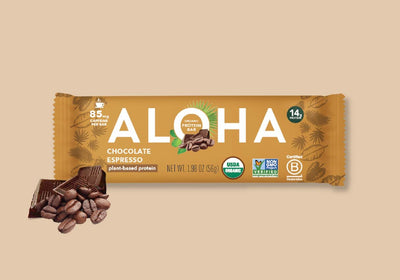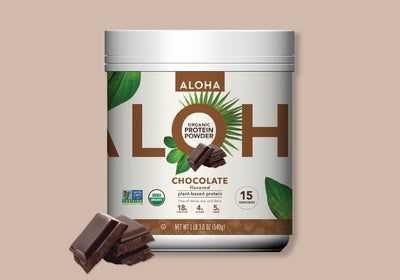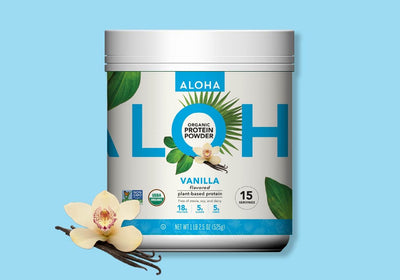Diversify Your Protein Sources
Make sure your diet includes a variety of protein sources. This not only ensures a broad spectrum of essential amino acids but also introduces diverse flavors and textures into your meals. Experiment with different legumes, nuts, seeds, and soy products throughout the week.
Make Smart Swaps In Your Favorite Dishes
You can increase the protein content of your favorite dishes with a few simple swaps. For instance, use quinoa instead of rice for a complete protein boost or add a handful of chopped nuts or seeds to salads and breakfast cereals.
Use Protein-Rich Ingredients As Base For Meals
Let protein-rich foods be the star of your meals. Tofu, tempeh, and legumes can serve as the main ingredient around which you build the rest of your dish, ensuring that your meals are both satisfying and protein-packed.
Snack On Protein-Rich Foods
Snacks are a great opportunity to boost your protein intake. Opt for snacks like roasted chickpeas, edamame, nut butters, or protein bars. These not only satisfy hunger but also contribute significantly to your daily protein goals.
Experiment With Protein-Packed Recipes
There's no shortage of vegetarian recipes that are high in protein. Look for recipes specifically designed to be protein-rich, which can include everything from hearty lentil soups to tempeh stir-fries. Experimenting with new recipes can make getting your protein both easy and enjoyable.
Learn To Love Your Legumes
Legumes are some of the most versatile and protein-packed ingredients available to vegetarians. Learn how to cook them in various ways, from simple stews to elaborate dishes, to keep your meals exciting and nutritious.
Overcoming Common Vegetarian Protein Myths
Myth 1: Vegetarians Can't Get Enough Protein
One of the most pervasive myths is the belief that it's impossible to consume enough protein without eating meat. This simply isn't true. Plenty of plant-based foods are rich in protein, including legumes, nuts, seeds, soy products, and whole grains. With a well-planned diet, vegetarians can easily meet or exceed their protein requirements.
Myth 2: Plant-Based Proteins Are Incomplete
While it's true that many plant-based proteins are considered "incomplete" because they lack one or more essential amino acids, this doesn't present a problem when you eat a varied diet. By consuming a range of protein sources throughout the day, vegetarians can ensure they're getting all the essential amino acids their bodies need.
Myth 3: You Need To Combine Proteins At Every Meal
The idea that vegetarians need to carefully combine proteins at every meal to ensure a complete amino acid profile is outdated. Current research shows that the body can pool essential amino acids from various foods consumed throughout the day, so there's no need for meticulous protein combining at every meal.
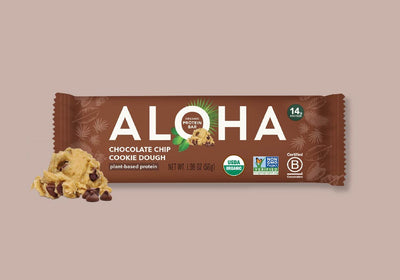
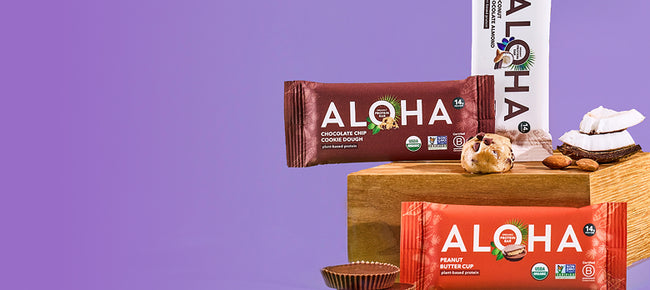 collection header image
collection header image
 collection header image
collection header image

